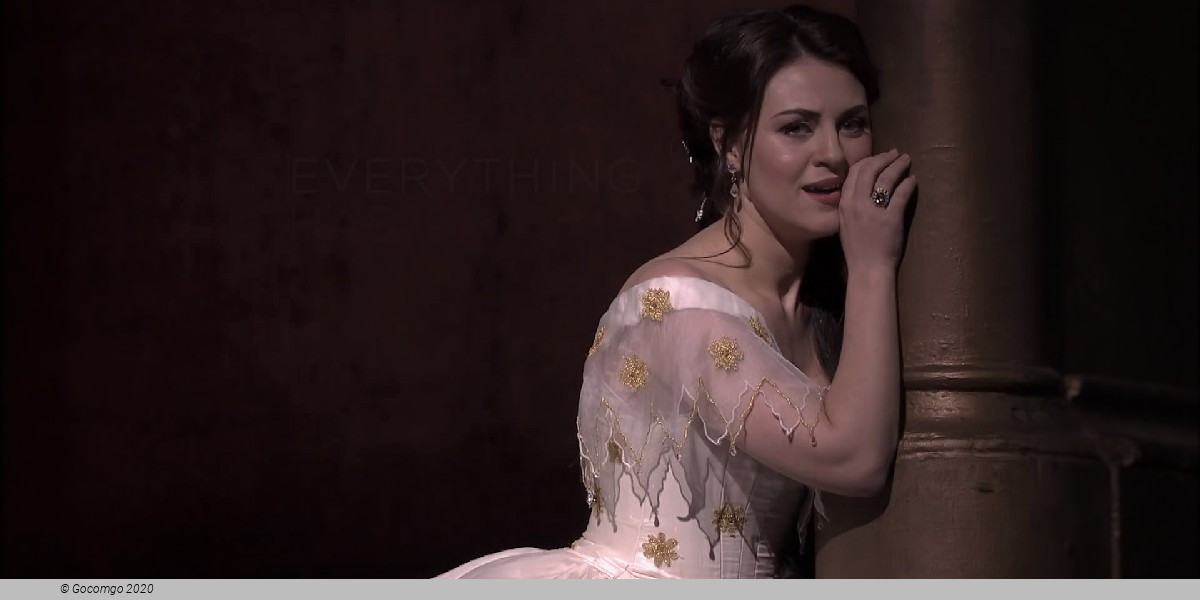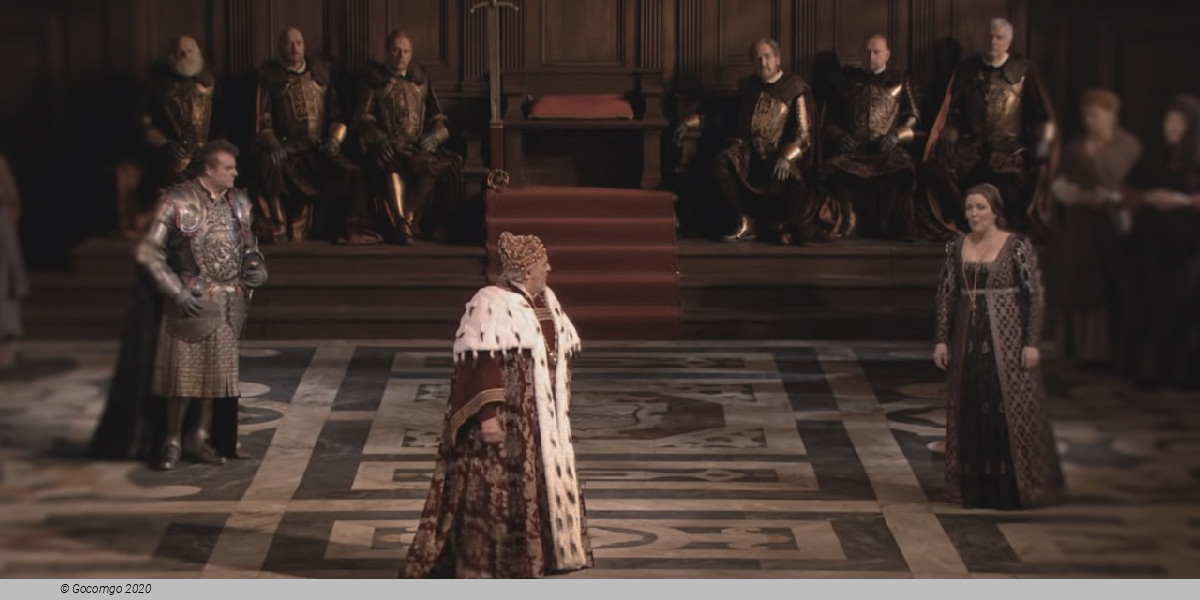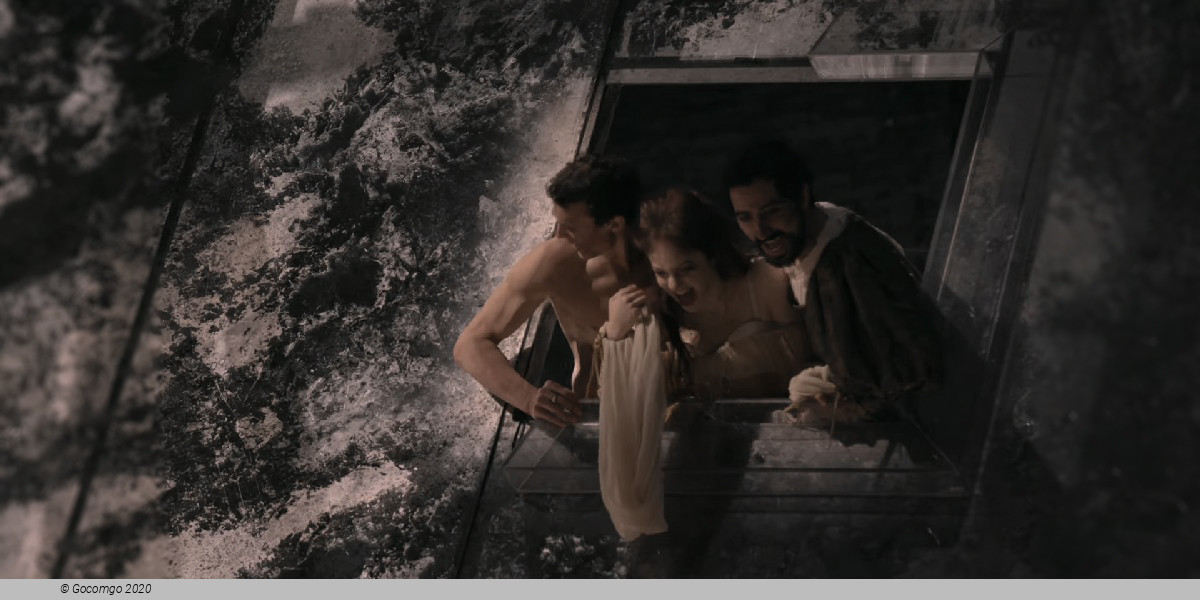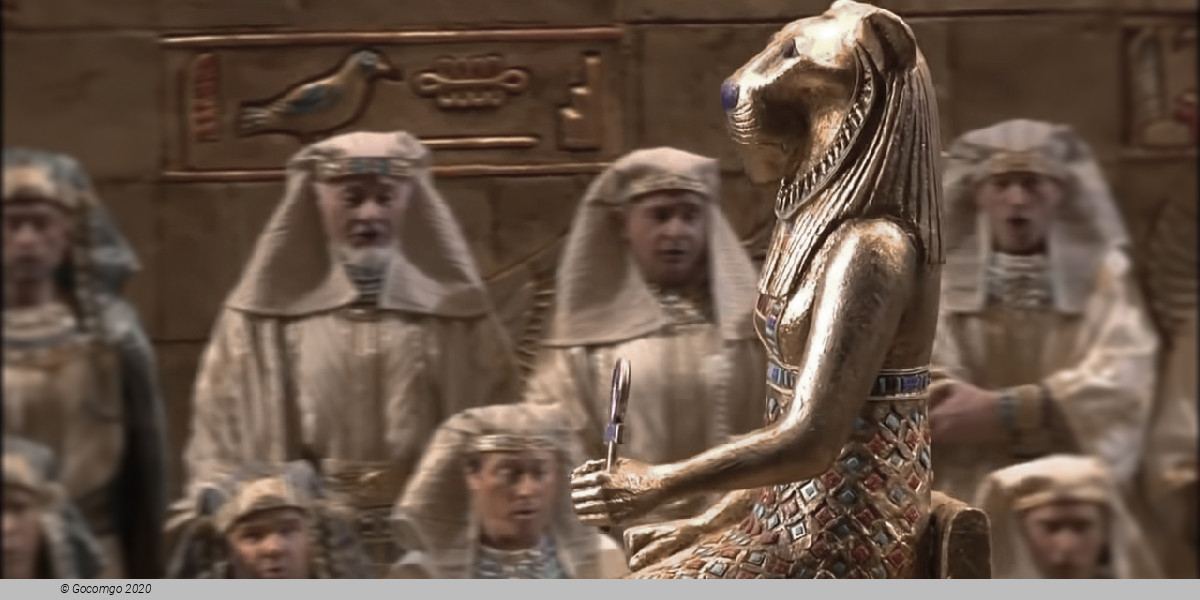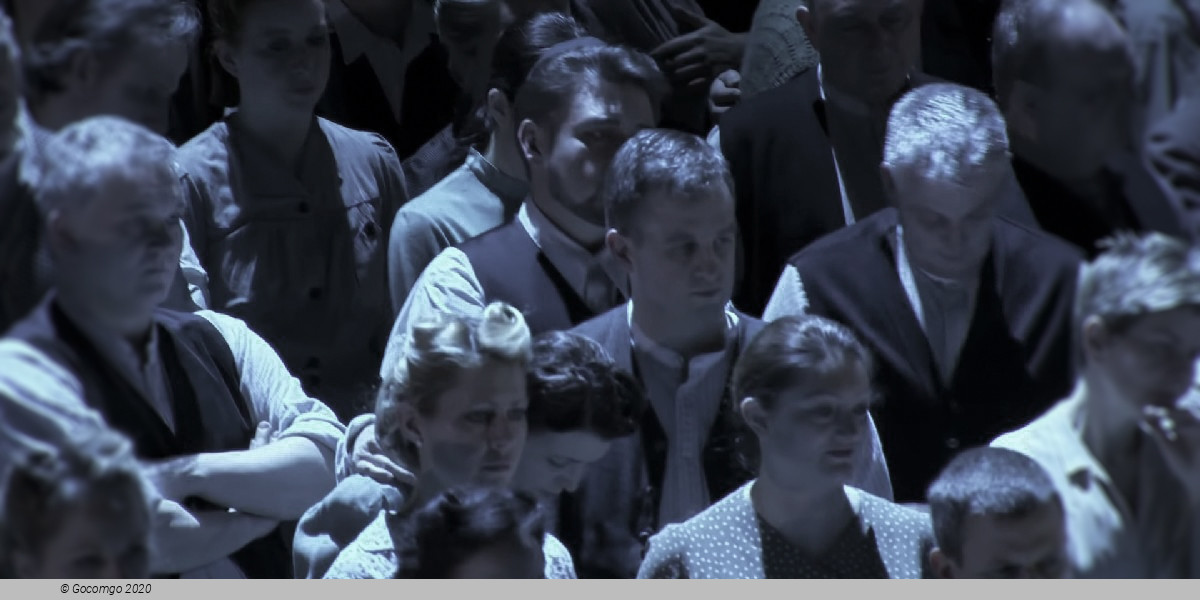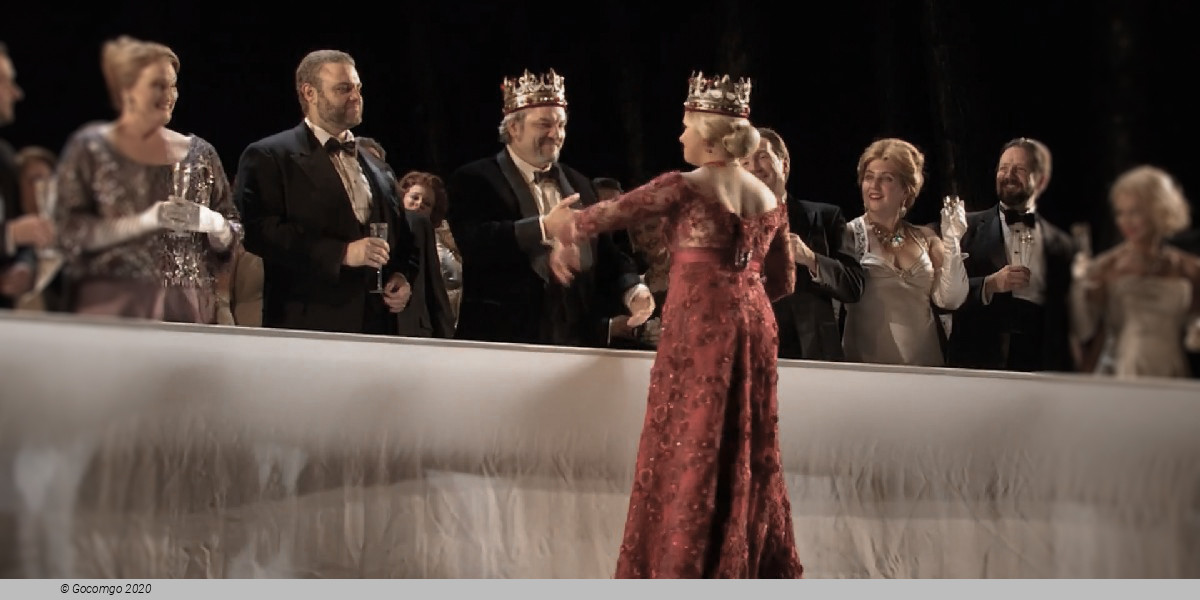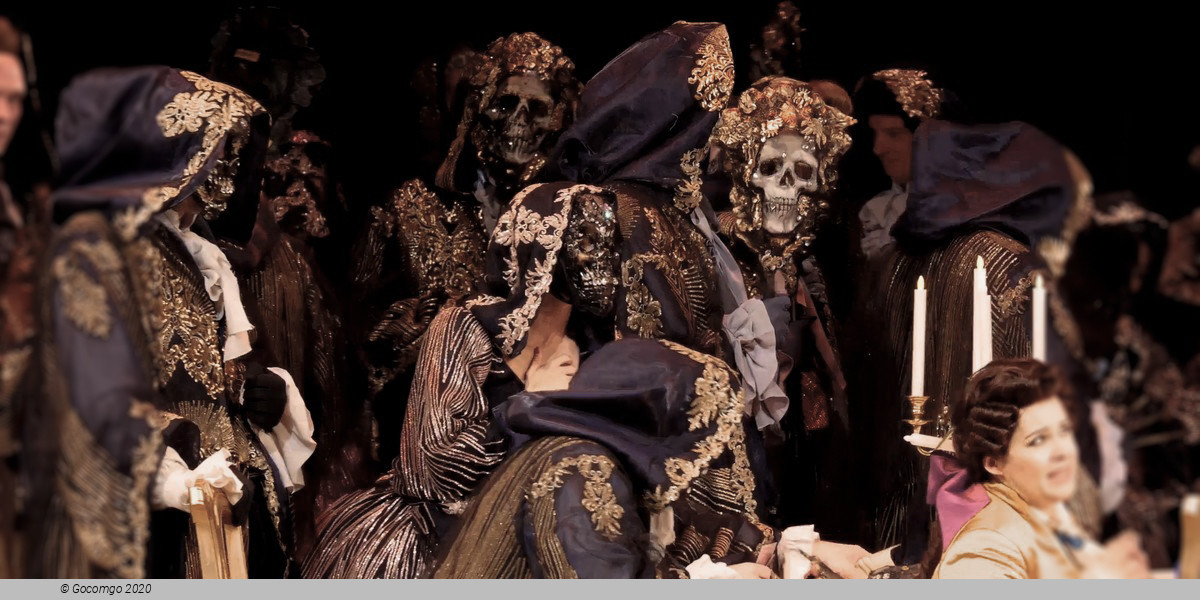Events435 results
About
Giuseppe Fortunino Francesco Verdi was an Italian opera composer. He was born near Busseto to a provincial family of moderate means, and developed a musical education with the help of a local patron. Verdi came to dominate the Italian opera scene after the era of Vincenzo Bellini, Gaetano Donizetti, and Gioachino Rossini, whose works significantly influenced him. By his 30s, he had become one of the pre-eminent opera composers in history.
In his early operas, Verdi demonstrated a sympathy with the Risorgimento movement which sought the unification of Italy. He also participated briefly as an elected politician. The chorus "Va, pensiero" from his early opera Nabucco (1842), and similar choruses in later operas, were much in the spirit of the unification movement, and the composer himself became esteemed as a representative of these ideals. An intensely private person, Verdi, however, did not seek to ingratiate himself with popular movements and as he became professionally successful was able to reduce his operatic workload and sought to establish himself as a landowner in his native region. He surprised the musical world by returning, after his success with the opera Aida (1871), with three late masterpieces: his Requiem (1874), and the operas Otello (1887) and Falstaff (1893).
His operas remain extremely popular, especially the three peaks of his 'middle period': Rigoletto, Il trovatore and La traviata, and the 2013 bicentenary of his birth was widely celebrated in broadcasts and performances.
Legacy
Reception
Although Verdi's operas brought him a popular following, not all contemporary critics approved of his work. The English critic Henry Chorley allowed in 1846 that "he is the only modern man...having a style—for better or worse", but found all his output unacceptable. "[His] faults [are] grave ones, calculated to destroy and degrade taste beyond those of any Italian composer in the long list" wrote Chorley, whilst conceding that "howsoever incomplete may have been his training, howsoever mistaken his aspirations may have proved...he has aspired." But by the time of Verdi's death, 55 years later, his reputation was assured, and the 1910 edition of Grove's Dictionary pronounced him "one of the greatest and most popular opera composers of the nineteenth century".
Verdi had no pupils apart from Muzio and no school of composers sought to follow his style which, however much it reflected his own musical direction, was rooted in the period of his own youth. By the time of his death, verismo was the accepted style of young Italian composers. The New York Metropolitan Opera frequently staged Rigoletto, Trovatore and Traviata during this period and featured Aida in every season from 1898 to 1945. Interest in the operas reawakened in mid-1920s Germany and this sparked a revival in England and elsewhere. From the 1930s onward there began to appear scholarly biographies and publications of documentation and correspondence.
In 1959 the Instituto di Studi Verdiani (from 1989 the Istituto Nazionale di Studi Verdiani) was founded in Parma and became a leading centre for research and publication of Verdi studies, and in the 1970s the American Institute for Verdi Studies was founded at New York University.
Nationalism in the operas
Historians have debated how political Verdi's operas were. In particular, the Chorus of the Hebrew Slaves (known as Va, pensiero) from the third act of the opera Nabucco was used an anthem for Italian patriots, who were seeking to unify their country and free it from foreign control in the years up to 1861 (the chorus's theme of exiles singing about their homeland, and its lines such as O mia patria, si bella e perduta / "O my country, so lovely and so lost" were thought to have resonated with many Italians). Beginning in Naples in 1859 and spreading throughout Italy, the slogan "Viva VERDI" was used as an acronym for Viva Vittorio Emanuele Re D'Italia (Long live Victor Emmanuel King of Italy), referring to Victor Emmanuel II. Marco Pizzo argues that after 1815, music became a political tool, and many songwriters expressed ideals of freedom and equality. Pizzo claims that Verdi was part of this movement, for his operas were inspired by the love of country, the struggle for Italian independence, and speak to the sacrifice of patriots and exiles. George Martin claims Verdi was "the greatest artist" of the Risorgimento. "Throughout his work its values, its issues recur constantly, and he expressed them with great power".
But Mary Ann Smart argues that music critics at the time seldom mentioned any political themes. Likewise, Roger Parker argues that the political dimension of Verdi's operas was exaggerated by nationalistic historians looking for a hero in the late 19th century.
From the 1850s onwards, Verdi's operas displayed few patriotic themes because of the heavy censorship by the absolutist regime in power. Verdi later became disillusioned by politics, but he was personally active part in the political world of events of the Risorgimento and was elected to the first Italian parliament in 1861.
Memorials and film and stage portrayals
Main article: Memorials to Giuseppe Verdi
Three Italian conservatories, the Milan Conservatory and those in Turin and Como, are named after Verdi, as are many Italian theatres.
Verdi’s hometown of Busseto displays Luigi Secchi's statue of a seated Verdi in 1913, next to the Teatro Verdi built in his honour in the 1850s. It is one of many statues to the composer in Italy. The Giuseppe Verdi Monument, a 1906 marble memorial, sculpted by Pasquale Civiletti, is located in Verdi Square in Manhattan, New York City. The monument includes a statue of Verdi himself and life-sized statues of four characters from his operas, (Aida, Otello, and Falstaff from the operas of the same names, and Leonora from Il trovatore).
Verdi has been the subject of a number of film and stage works. These include the 1938 film directed by Carmine Gallone, Giuseppe Verdi, starring Fosco Giachetti; the 1982 miniseries, The Life of Verdi, directed by Renato Castellani, where Verdi was played by Ronald Pickup, with narration by Burt Lancaster in the English version; and the 1985 play After Aida, by Julian Mitchell (1985). He is a character in the 2011 opera Risorgimento! by Italian composer Lorenzo Ferrero, written to commemorate the 150th anniversary of Italian unification of 1861.
Verdi appeared on the Italian 1000 lire notes printed from 1962–76. Beginning in 1969 his house was shown on the reverse. He has also appeared on various postage stamps.
Verdi today
Verdi's operas are frequently staged around the world. All of his operas are available in recordings in a number of versions, and on DVD – Naxos Records offers a complete boxed set.
Modern productions may differ substantially from those originally envisaged by the composer. Jonathan Miller's 1982 version of Rigoletto for English National Opera, set in the world of modern American mafiosi, received critical plaudits. But the same company's staging in 2002 of Un ballo in maschera as A Masked Ball, directed by Calixto Bieito, including "satanic sex rituals, homosexual rape, [and] a demonic dwarf", got a general critical thumbs down.
Meanwhile, the music of Verdi can still evoke a range of cultural and political resonances. Excerpts from the Requiem were featured at the funeral of Diana, Princess of Wales in 1997. On 12 March 2011 during a performance of Nabucco at the Opera di Roma celebrating 150 years of Italian unification, the conductor Riccardo Muti paused after "Va pensiero" and turned to address the audience (which included the then Italian Prime Minister, Silvio Berlusconi) to complain about cuts in state funding of culture; the audience then joined in a repeat of the chorus. In 2014, the pop singer Katy Perry appeared at the Grammy Award wearing a dress designed by Valentino, embroidered with the music of "Dell'invito trascorsa è già l'ora" from the start of La traviata. The bicentenary of Verdi's birth in 2013 was celebrated in numerous events around the world, both in performances and broadcasts.
Personality
Not all of Verdi's personal qualities were amiable. John Rosselli concluded after writing his biography that "I do not very much like the man Verdi, in particular the autocratic rentier-cum-estate owner, part-time composer, and seemingly full-time grumbler and reactionary critic of the later years", yet admits that like other writers, he must "admire him, warts and all...a deep integrity runs beneath his life, and can be felt even when he is being unreasonable or wrong."
Budden suggests that "With Verdi...the man and the artist on many ways developed side by side." Ungainly and awkward in society in his early years, "as he became a man of property and underwent the civilizing influence of Giuseppina,...[he] acquired assurance and authority." He also learnt to keep himself to himself, never discussing his private life and maintaining when it suited his convenience legends about his supposed 'peasant' origins, his materialism and his indifference to criticism. Mendelsohn describes the composer as "an intensely private man who deeply resented efforts to inquire into his personal affairs. He regarded journalists and would-be biographers, as well as his neighbors in Busseto and the operatic public at large, as an intrusive lot, against whose prying attentions he needed constantly to defend himself."
Verdi was similarly never explicit about his religious beliefs. Anti-clerical by nature in his early years, he nonetheless built a chapel at Sant'Agata, but is rarely recorded as going to church. Strepponi wrote in 1871 "I won't say [Verdi] is an atheist, but he is not much of a believer." Rosselli comments that in the Requiem "The prospect of Hell appears to rule...[the Requiem] is troubled to the end," and offers little consolation.


